What is the best PC case? Some PC gamers might think of a case as a purely aesthetic choice, but the best cases can keep temperatures low, prevent your components thermal throttling, keep your system stable, and give you more headroom for overclocking your CPU and GPU. And, yes, they can look great too.
The best PC case overall is the Hyte Y70, which combines a stunning wraparound glass-panelled view into your system with fantastic cooling performance. For more of an affordable yet stylish option, the NZXT H7 Flow is the way to go while the Jonsbo D30 is great for budget builds. For more options including giant E-ATX and tiny mini-ITX models, read on below. If you want some further guidance on your PC choice, check the how to choose a PC case section at the bottom of this guide, and checkout the FAQ that answers all your PC case questions.
Why you can trust our advice ✔ At PCGamesN, our experts spend hours testing hardware and reviewing games and VPNs. We share honest, unbiased opinions to help you buy the best. Find out how we test.
Best PC case in 2025:
How to choose the best PC case
Not all PC cases are created equal, and you may often find that the best-looking case isn’t quite right for your needs. To make sure you get the a good PC case that’s right for your choice of components, here’s what to consider.
For a start, you need to make sure that your PC components, such as your choice of the best graphics card and best gaming CPU, actually fit inside your case. The main place to start is the size of motherboard you’ve chosen. These come in four main sizes: mini-ITX, micro ATX (mATX), ATX, and E-ATX. Mini-ITX is the smallest, at just 170 x 170mm while E-ATX can be as large as 305 × 330mm.
PC cases are also sized by the motherboards they fit, from mini-ITX to E-ATX, so you can immediately know at least the range of cases you can choose from. However, to fine tune your selection, you’ll also need to check a few other measurements.
With your motherboard chosen, you next need to check how the other parts (or potential parts) of your build could affect your PC case choice, or vice versa. Factors to check include the maximum graphics card length a case can fit, whether a case uses a full-size ATX power supply or a small SFX unit, what the CPU cooler maximum height is, and whether the case needs a certain type of cooler, such as a low profile one or an AIO cooler.
Next to consider is style. Yes, this does actually come quite high up on the list as the look and shape of a case can determine many other aspects about your PC build. If you’ve opted for a tiny mini-ITX system, you can opt for a very tall but small-footprint case such as the Fractal mood or Hyte Revolt, or a more conventional style of case like the Cooler Master NR200. Meanwhile, larger cases can also come in various types. There are standard towers, wider so-called fish tank-style cases with multiple glass panels and many other options besides. The style you want could mean opting for different components or vice versa.
Next comes the cooling potential of a case. Huge cases have plenty of room for loads of fans, making it easy to maintain a cool and quiet PC. However, the smaller a case, the more you’ll have to think about whether you’ll be able to get enough cooling for the components you’ve chosen. Some smaller cases might require an AIO CPU cooler while others might struggle at cooling high-end graphics cards if they’re small with lots of glass panels and not many panels perforated for airflow – if you want the best cooling, glass panels aren’t your friend.
How many fans a case ships with and how many spaces it has for other fans and radiators is another crucial factor. Most high-end cases don’t actually include fans, leaving these to be filled out with the customer’s choice of the best PC fans. However, cheaper cases generally do include them and it can be a great way to save money if they do, assuming the fans are decent quality. However, cheap cases can often be smaller and more cramped, leaving little room to add more fans or larger radiators as used by AIO CPU coolers.
If you want to build a tidy PC, you’ll need plenty of space to stow cables, and hide them. Look for rubber-grommeted cable routing holes by the motherboard tray, and a cover over the PSU area, as these are great places to route your cables out of sight. Some of the latest cases also give you room to root cables directly to the back of the motherboard if your hardware supports it – look for compatibility with Asus BTF and MSI Project Zero if you want a case that supports this.
FAQs
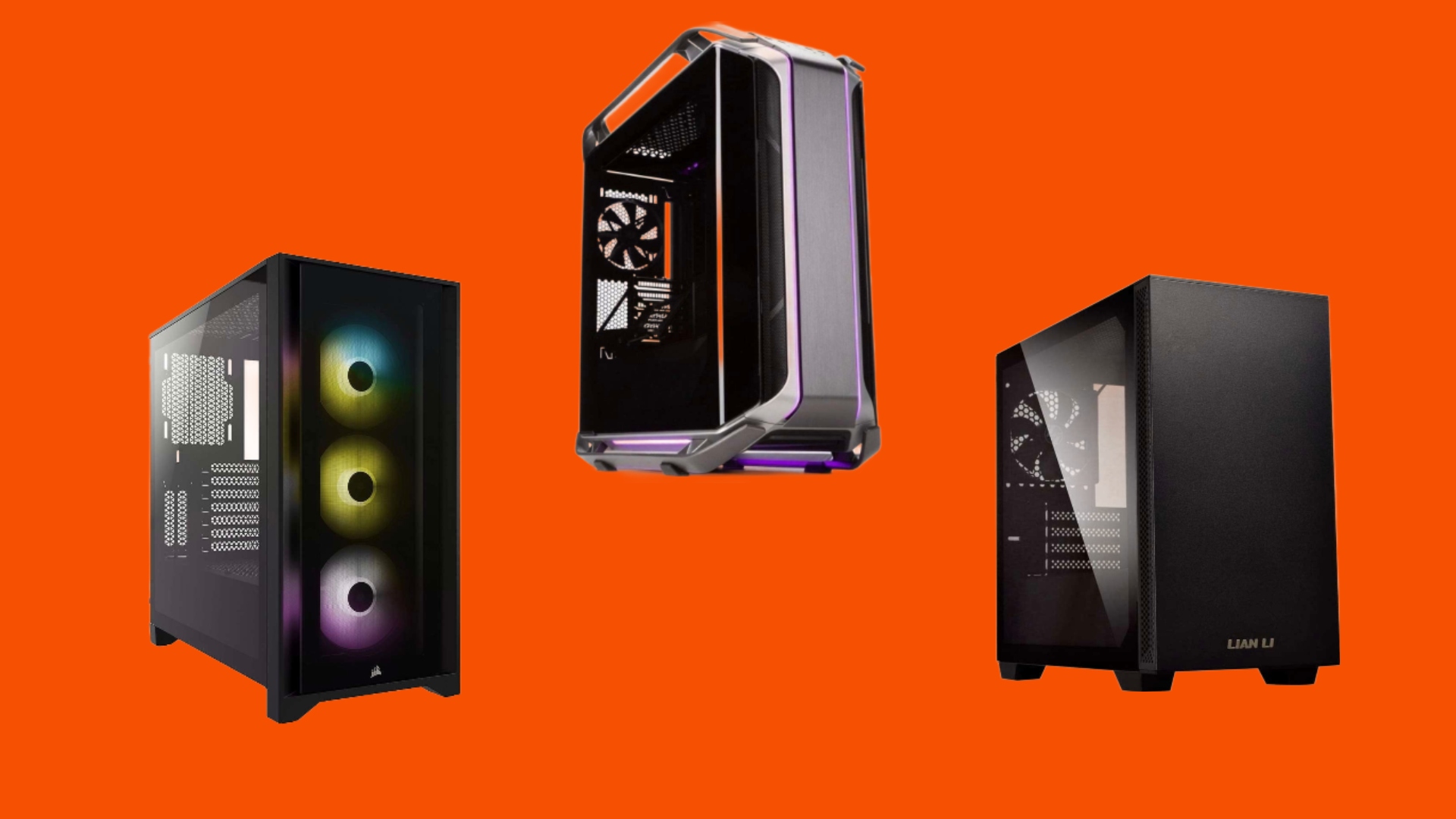
Which PC case brand is best?
There is a long list of PC case brands we’d generally recommend and trust to deliver solid build quality. These include Be Quiet, Cooler Master, Corsair, Fractal, Hyte, Lian Li, NZXT, Phanteks, and SilverStone. Meanwhile, brands such as Antec, Deepcool, Sharkoon, Thermaltake, and more have all delivered plenty of quality cases too.
One reason to consider certain brands might be that your existing gear would fit in with the branding and look of certain cases. For instance, Corsair has its hugely popular iCUE software and huge range of peripherals.
In general, though, we’d recommend thinking not about any one brand but about individual cases, as even top brands can produce cheap or just bad products. If a case has the look and features you want with the key specs you need, check that it’s sold via a trusted retailer (so you know it’s at least safe) then look for reviews from experts like us and from users on stores and places like Reddit to see if there are any red flags as to why you should avoid that model.
Is a black or white PC case better?
There’s no difference. One is black, one is white. You may prefer the look of one or the other…
Ok, so there is one factor that makes a difference other than just style preference, and that’s lighting. Black cases dim the look of any lighting inside them, which can be great for creating a moody look or hiding your dodgy cabling routing. White cases, though, amplify your lighting, reflecting the light from your RGB fans and LED light strips to create a dazzling display. For this reason, white cases can be unforgiving, though, with more of a need to route cables in a tidy manner and ensure all your components match as well as possible.
You can see some of examples of the difference by heading to our PC build list. Examples such as this white and purple PC and this triangular white PC really highlight a clean gaming PC aesthetic. Meanwhile, this Sonic the Hedgehog build and Lamborghini gaming PC show the power of a darker look.
suck up any light Which would look best in your room? However, if your gaming PC is going to be positioned in direct sunlight, then we recommend going for a white one so that it can reflect the light that shines onto it and reduce the risk of overheating.
Does PC case airflow matter?
Yes, absolutely. Especially if you are planning to push your gaming PC to the limit. While it might be the case that you can achieve a lot with CPU coolers, it’s always going to be better to go for a case that facilitates airflow as much as possible to reduce the risk of overheating as much as possible.
Which PC case has the best airflow?
The best cases for airflow are open air ones like the PC Creative Frame Test Bench but for enclosed cases there are plenty that claim to take the crown. These include the Corsair 9000D Airflow, Phanteks Enthoo Pro II, and NZXT H9 Flow. Those are all huge, expensive options, though. Of the cases we’ve tested and recommend in this guide, the NZXT H7 Flow and Corsair 4000D Airflow are the top choices.
The main factors that determine the best cases when it comes to airflow (and resultant cooling) are that they’re large, have lots of fan mounts, and swap at least some panels for mesh, rather than glass or plain metal. Both the 9000D and H9 mentioned above are available in high airflow variants with a mesh panel or more style-oriented options with an extra glass panel.
For more on finding the right case and building the right setup, read our guide on how to manage cables. You might also be interested in reading our gaming PCs vs gaming laptops piece, for more information on getting the right setup for you. Having second thoughts about building your own? Our guides on the best mini gaming PC and the best gaming PC will give you some ready-made options to consider.
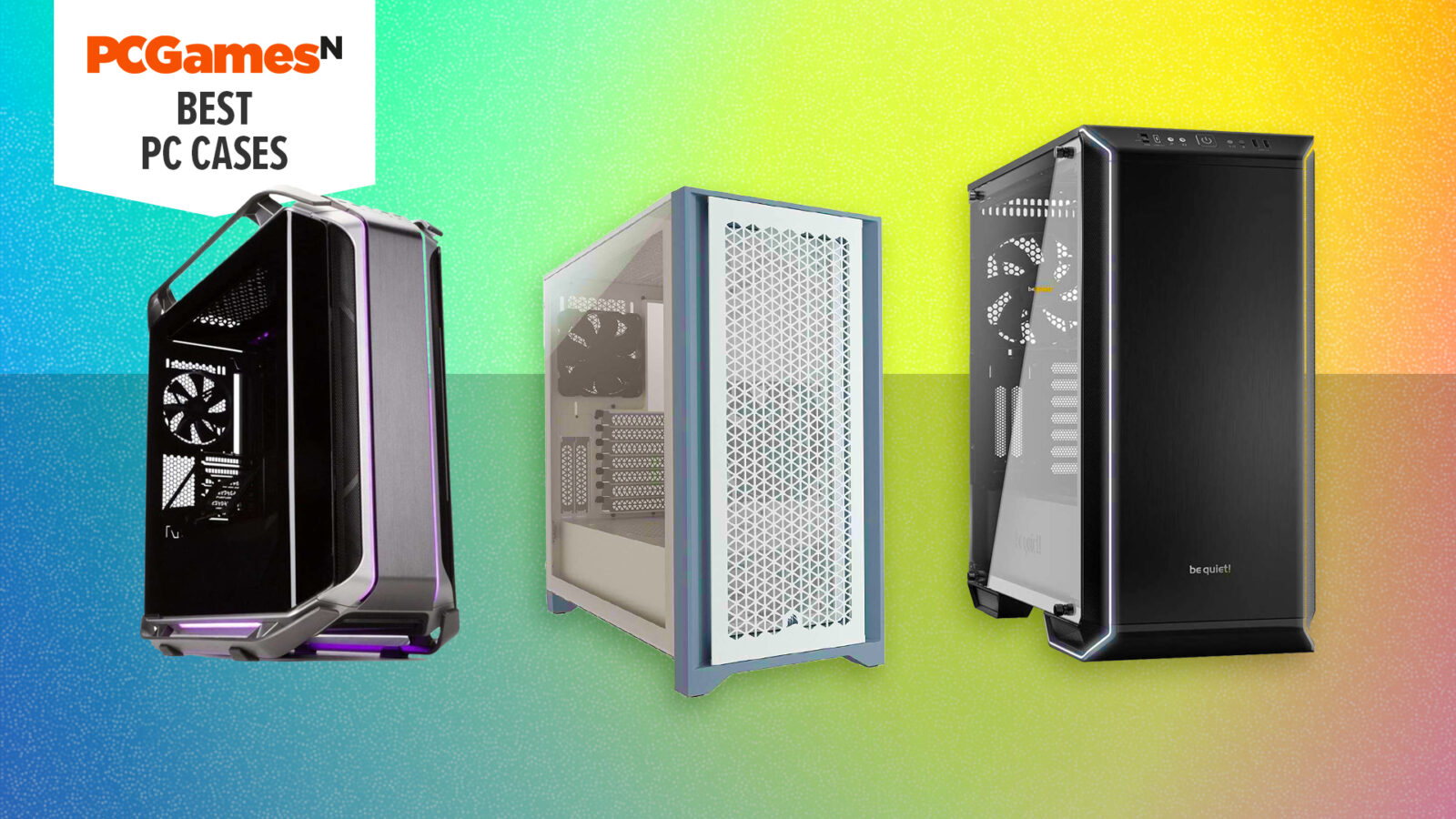
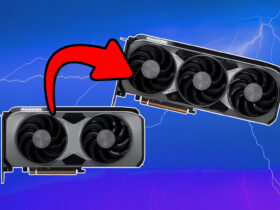

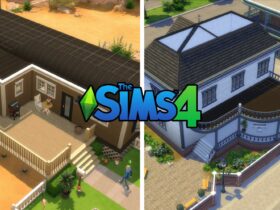





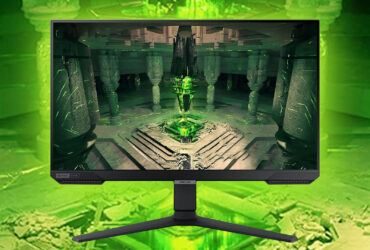
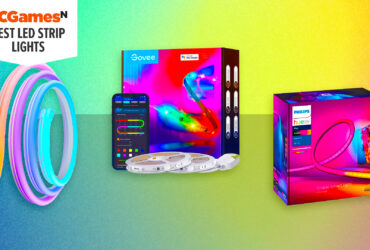
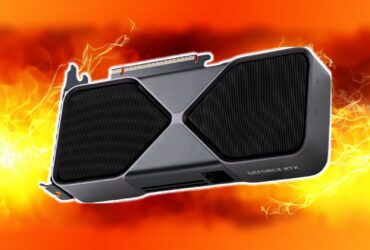
Leave a Reply